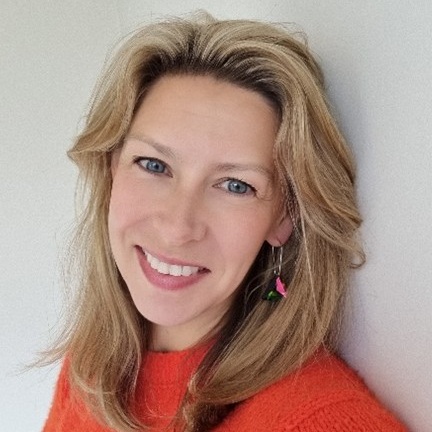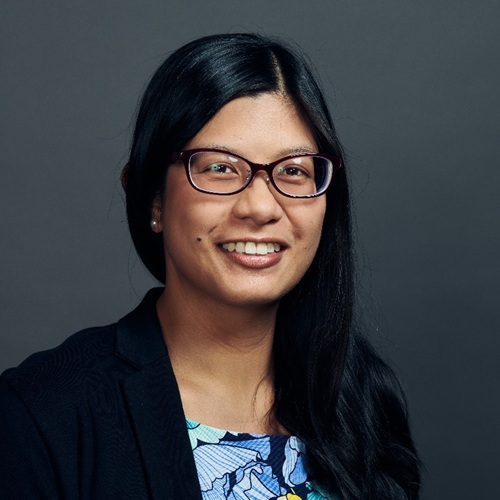ADCET UDL Symposium: Attending to (neurodivergent) identity - universal design and professional identity formation
Online presentation
UDL 3.0 increasingly recognises learner identity as a crucial element in learning, yet many programs, particularly in health professions, hold implicit or explicit expectations for students to develop a specific professional identity. This tension can create significant challenges, particularly for neurodivergent students, who may experience identity dissonance or minority stress when their neurodivergent identity does not align with the dominant, often ableist, archetype of a health professional. This is further compounded by the fact that professionalism is frequently a direct assessment criterion, requiring students to perform a specific professional identity.
A/Prof Laura Gray and A/Prof Joanna Tai's research examined the intersection of learner identity and professional identity within health professions education, drawing on critical disability theory and Universal Design for Learning (UDL) to interpret a series of 10 interviews and 182 survey responses from neurodivergent health professions graduates.
They drew on respondents’ stories to illustrate how to broaden pedagogical and assessment approaches to create learning environments where diverse student identities, including neurodivergent identities, are not only welcomed but celebrated, fostering a more inclusive and equitable learning experience for all. While accommodations to learning and assessment can play a role, what is required is a reframing of systems and cultures of learning and assessment such that ableist, exclusionary assumptions and practices are shifted. This necessitates a reframing of how we understand and evaluate professionalism.
Drawing on critical disability theory, they argued that UDL and Universal Design for Assessment (UDA) must evolve to encompass cultural shifts that empower educators to critically examine their own assumptions and standards related to professional identities.
Many programs, particularly in health professions, require neurodivergent students to navigate a tension between their neurodivergent identity and a narrow ideal of a professional identity, which may compromise student learning and wellbeing. Through interviews and surveys, they identified the need for a shift in educational culture to foster truly inclusive learning environments.
Presenters

A/Prof Laura Gray is the Deputy Director of the Drapac Centre for Equity in Health Professions Education and an Associate Professor with the School of Medicine, Deakin University. She leads programs of research, evaluation, strategy and policy design and implementation, with a focus on equity and inclusion. With extensive experience in higher education leadership, she is committed to advancing equitable access to higher education and programmes to enable all students to thrive.

A/Prof Joanna Tai is Associate Professor at the Centre for Research in Assessment and Digital Learning (CRADLE) at Deakin University. Her research in assessment focuses on inclusion and diversity, feedback literacies, developing evaluative judgement, and student experiences across the university and workplace. Joanna is a Senior Fellow of the Higher Education Academy, and a member of the Australian and New Zealand Association for Health Professions Education, and the European Association for Research on Learning and Instruction. She has a background in medicine and health professions education.
(June 2025)
Attachments
- Attending to (neurodivergent) identity - Universal Design and professional identity formation Transcript (doc)
- Presentation: Attending to (neurodivergent) identity - universal design and professional identity formation (doc)
- Presentation: Attending to (neurodivergent) identity - universal design and professional identity formation (ppt 3MB)

